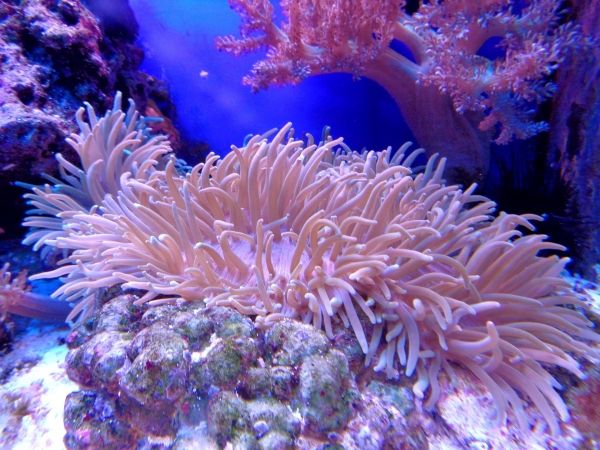Our planet’s coral reef ecosystems are in peril from multiple threats. Anthropogenic CO2 has sparked a rise in global average sea surface temperatures, pushing reef survival beyond its upper thermal limits.
Coastal development from industry, aquaculture and infrastructure generates sedimentation and increased turbidity in coastal waters, which raises particulate organic carbon (POC) levels. Additionally, sedimentation reduces photosynthetically active radiation (PAR), the much-needed sunlight soaked up by the symbiotic algae corals rely on for food.
With most of the world’s reefs under stress, “coral gardening” or “outplanting” has become a popular and promising solution for restoration.
Outplanting involves transplanting nursery-grown coral fragments onto degraded reefs. When successful, outplanting helps build coral biomass and restore reef function; but even with thousands of corals outplanted each year, the results are mixed. Newly settled corals are particularly vulnerable to stressors such as pollution, unfavorable light conditions and temperature fluctuations.
Read more at: Arizona State University
Photo Credit: AliceKeyStudio via Pixabay


